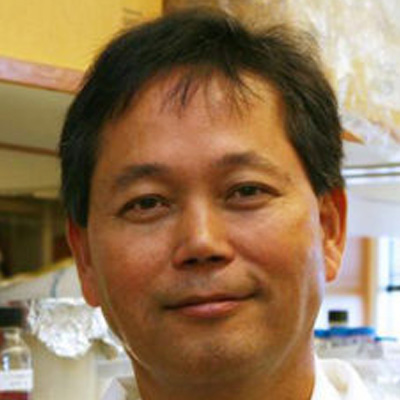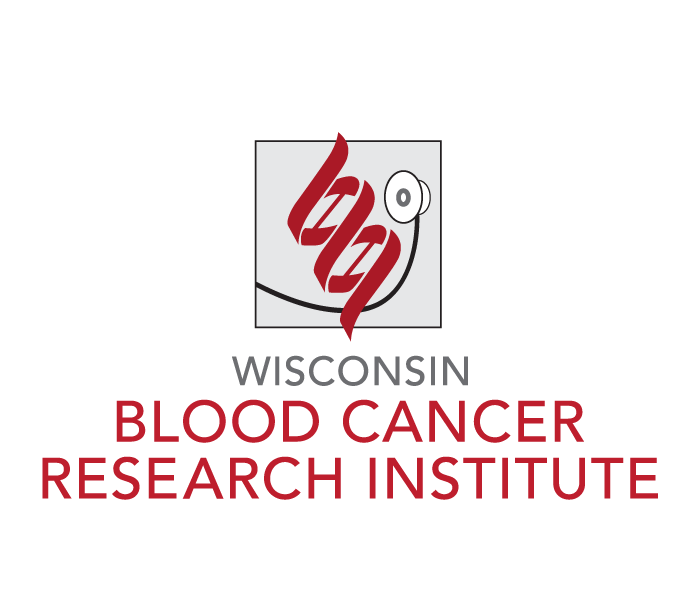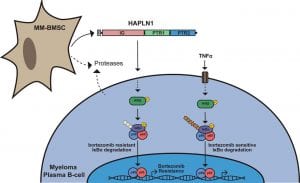
Discovery Spotlight
Shigeki Miyamoto, PhD
Professor
Department of Oncology
NF-kB transcription factor mechanisms in physiology and disease
Our current research interest centers on investigating the signaling mechanisms and roles of the NF-κB transcription factor family in the DNA damage response and in the pathogenesis of multiple myeloma. We have over 25 years of research experiences in the NF-κB field and have contributed to this field by discovering two new NF-κB signaling pathways. The first involves a DNA damage induced NF-κB signaling pathway and the other relates to multiple myeloma drug resistance. We have generated new knock-in mouse models which are teaching us how DNA damage-induced NF-kB signaling modulates anti-cancer CD8 T cell immunity and how proper subcellular localization of the main inhibitor of NF-kB, IkBa, plays crucial roles in regulating functions of B and T lymphocytes and the development of lymphoid organs. We are also investigating the role of HAPLN1 as a new activator of NF-kB and STAT1 signaling and an inducer of drug resistance and dissemination of multiple myeloma. Our group employs a variety of approaches, including mouse models, human specimens, and biochemical, genomic, proteomic and bioengineering approaches, through collaboration with investigators with expertise in such areas.
Publications:
http://www.ncbi.nlm.nih.gov/sites/myncbi/shigeki.miyamoto.1/bibliography/40571756/public/?sort=date&direction=ascending



